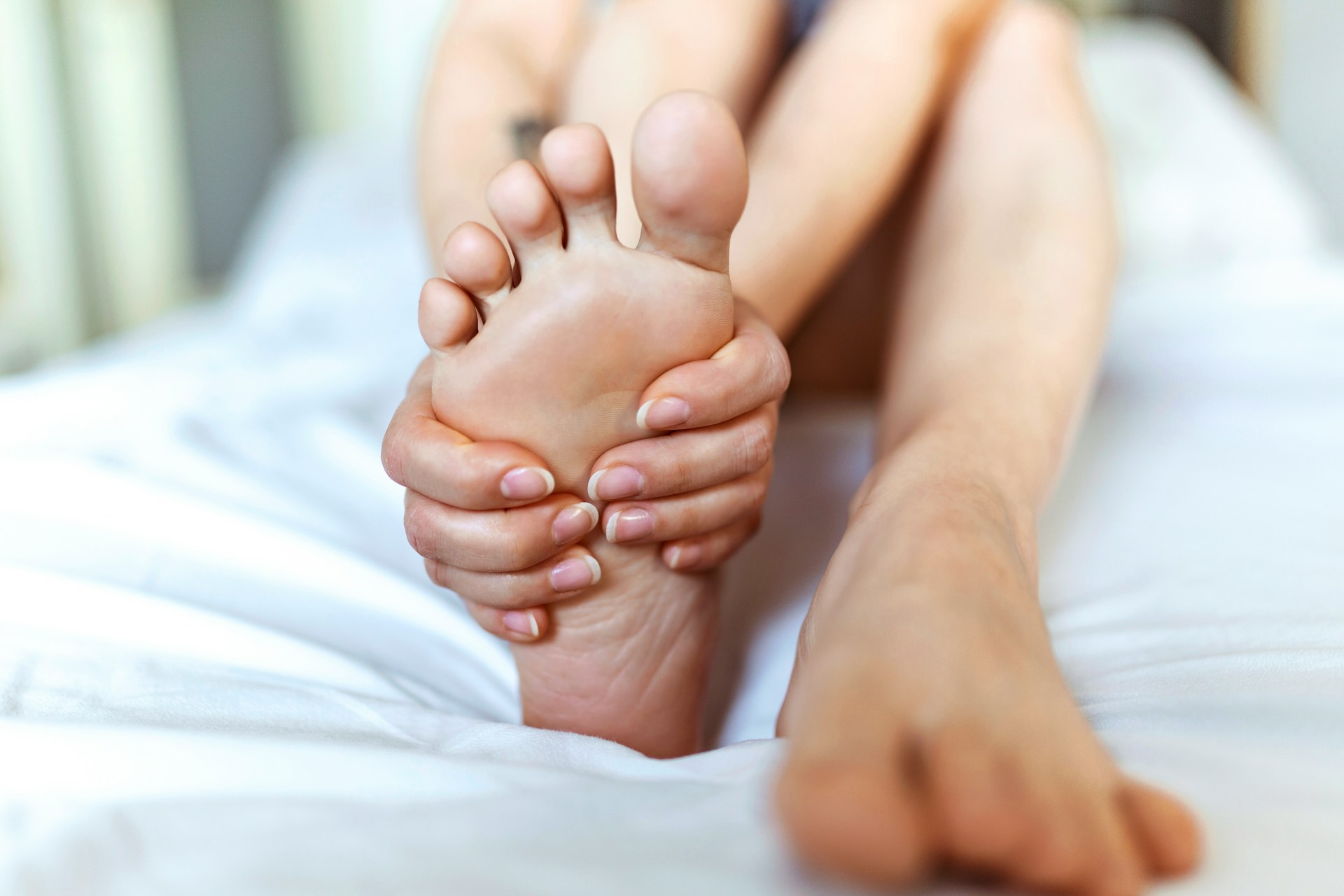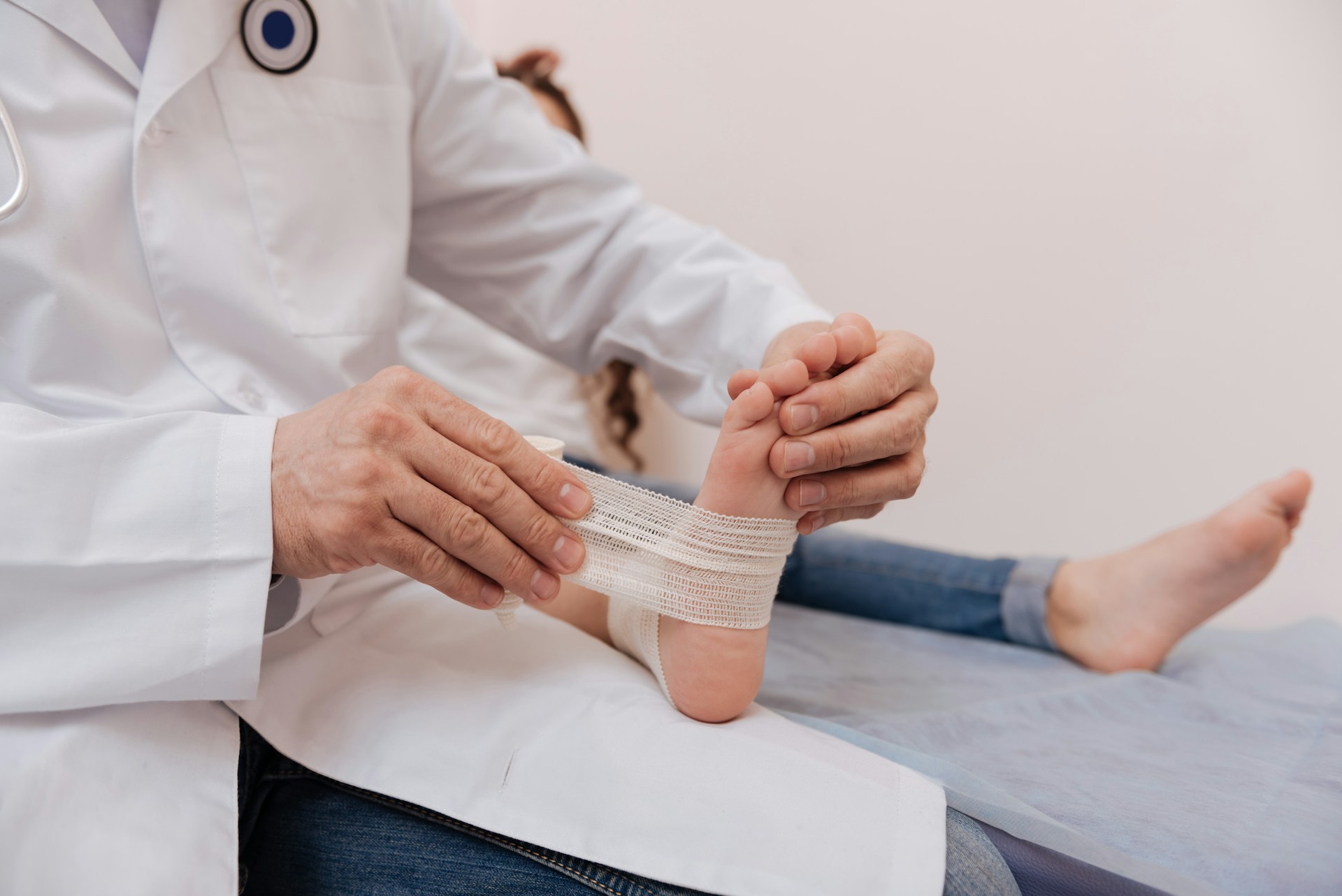
What Causes Foot Arch Pain and How to Ease It
As we head toward the end of winter in Pinellas County, many of us start becoming more active again. Morning
7744 66th St N Pinellas Park FL, 33781

As we head toward the end of winter in Pinellas County, many of us start becoming more active again. Morning

Every step we take depends on a strong, steady foundation. That’s where regular foot and ankle care comes in. It’s

Kids in Pinellas County are active all year, which means a little foot soreness now and then might not seem

Even during the cooler months, kids in Pinellas County enjoy playing outside most afternoons. Whether it’s a quick bike ride

Heel bursitis is a painful condition where the small sacs of fluid, called bursae, in the back or bottom of

When the weather cools down in Pinellas County, many people start to notice more joint pain in their feet, especially